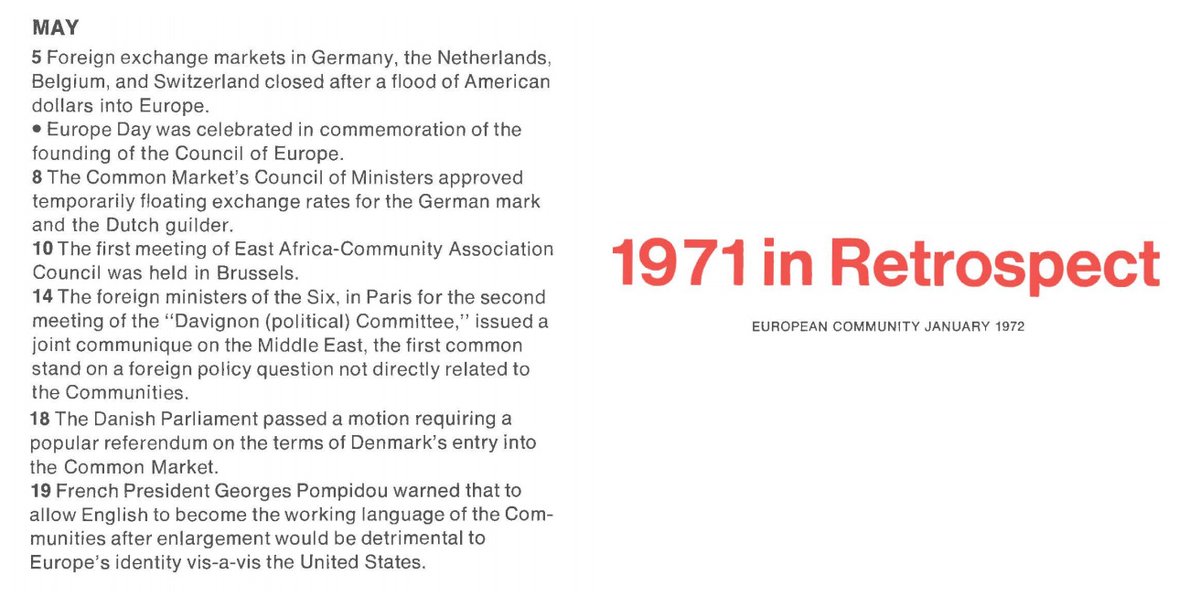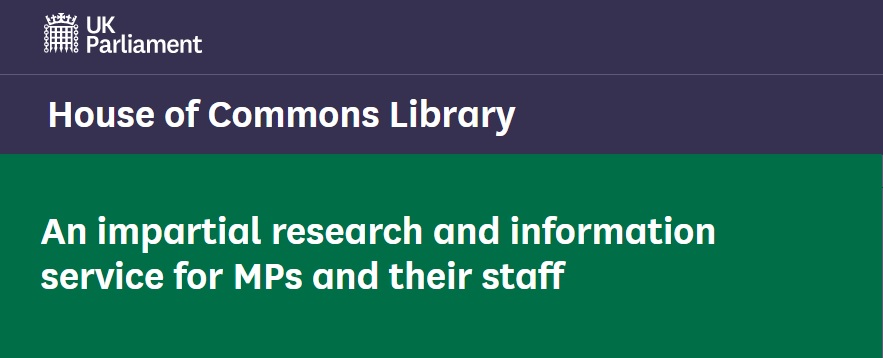
Eurosceptics used to be uncommonly honest about Ireland and Brexit being a problem. They didn’t think there would be problems with goods, but also referred to people too.
🧵
🧵
Even in the EU some wanted controls because they were really worried about a porous border.
And Eurosceptics seemed to be OK about the idea of a border, with all the technology making it easy.
It was no big deal if visiting Ireland was like visiting Switzerland…apparently.
It was no big deal if visiting Ireland was like visiting Switzerland…apparently.
Then they moved to the “Denial phase”
To get back to acceptance it’s just a matter of celebrating the fact the border is nowhere near as restrictive as the border people said was nothing to worry about.
While accepting that porous borders are bad!
And acknowledging that in a post Brexit border, there is a problem.
For the pro-EU unionists, buying into the EU betrayal arguments of people who have zero credibility.
Eurosceptic unionists loved the Lion and Unicorn so much they were happy to throw the peace in their communities under the Vote Leave bus in the deluded belief they would get the opportunity to shag that unicorn. 

From here, we can continue power to the people who attack the EU at every opportunity and expect the EU to work with us. 

Or we demand they are replaced with people who have a more constructive approach, regardless of what an irritating little shit the general public may find them. 

And I'm afraid to say, at the moment, those are the only options available.
For years Eurosceptic Unionists argued that significantly stricter borders were both really important to have and also nothing to cry over. 

Then at the moment that people had to decide if they accepted this view or not, they then began to claim the border didn't need to exist at all.
In the years following, many of us tried to stop us going down this path, but now it’s done.
We can try and be constructive, but it’s too late to cry about it now.
We can try and be constructive, but it’s too late to cry about it now.
If they really want things to get better they need to replace those politicians they have given power to with people who actually want to work with the EU, and who the EU actually want to work with.
Saying the EU is responsible for the bad place that Northern Ireland is in rings hollow when the people expressing that sentiment are shielding the politicians who insisted it was going to be sunshine and roses.
Although I expect them to defend them like tigers anyway.
Brexit was always a bad idea and it has left us in a bad situation. Some more than others.
Inside Pandora's Brexit box there was only anger, depression, and pragmatism.
We have to grab pragmatism with both hands so we can move back to acceptance.
/End
We have to grab pragmatism with both hands so we can move back to acceptance.
/End
• • •
Missing some Tweet in this thread? You can try to
force a refresh
















